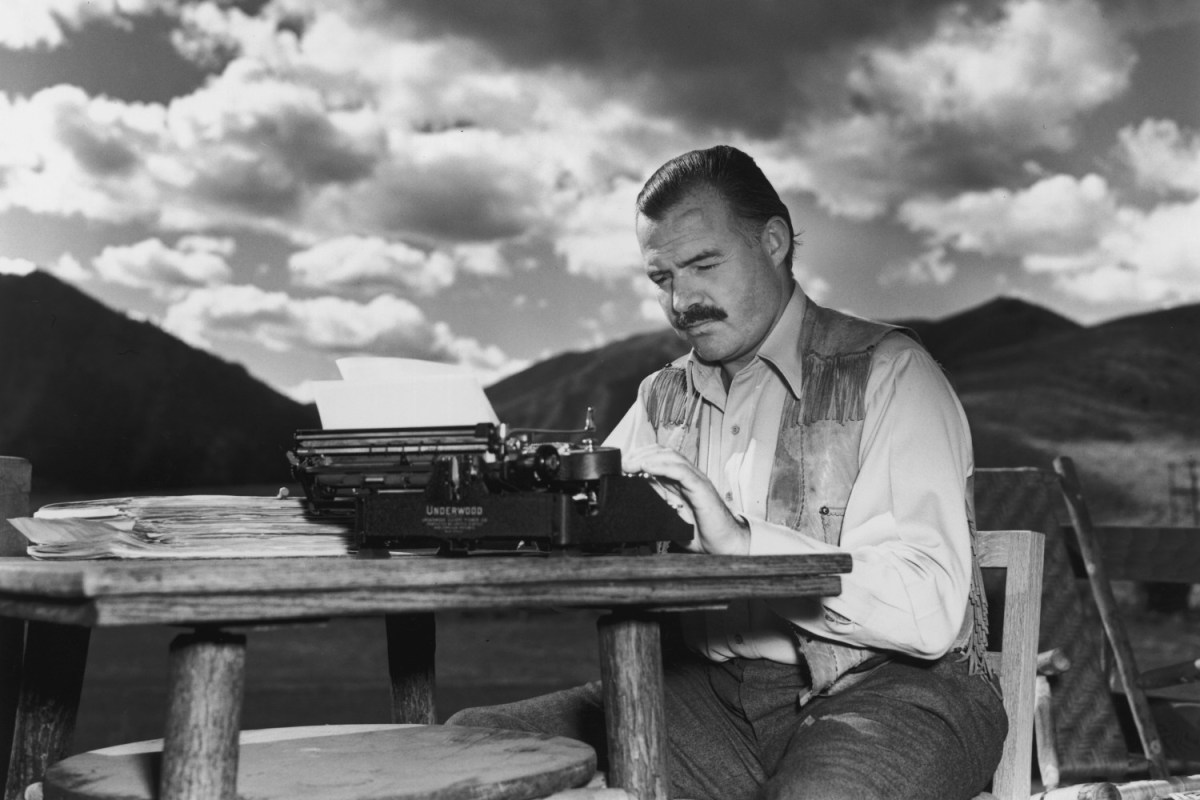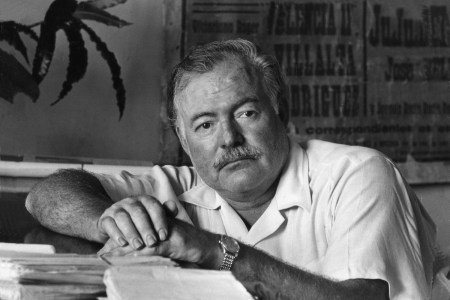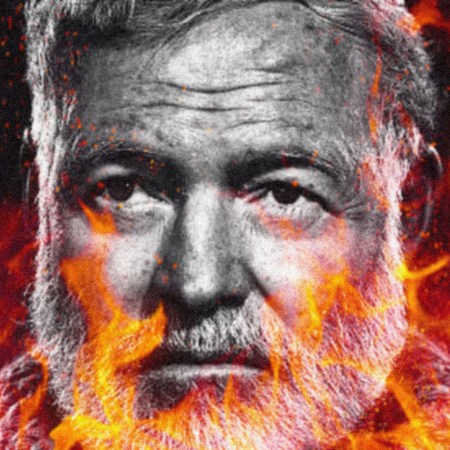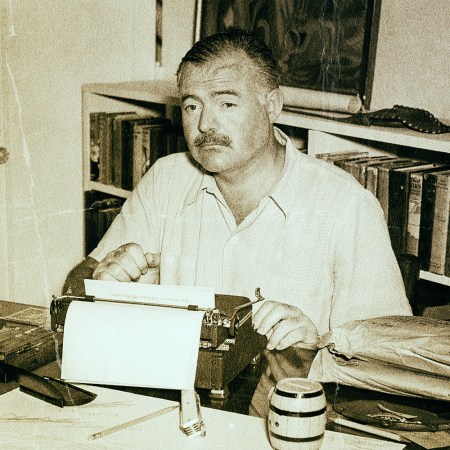It isn’t hard to see why some writers have been drawn to hunting and fishing as subjects for their work. In the right hands, a story set in that milieu can become a primal story of man against nature, as in Ernest Hemingway’s The Old Man and the Sea, or a powerful look at humanity’s connection to nature, as in Norman MacLean’s A River Runs Through It. But for some writers, hunting and fishing aren’t just the backdrop to memorable prose — they’re also a way to become better at their art.
In an essay from a career-spanning anthology recently published at Literary Hub, acclaimed writer Rick Bass argues convincingly that some of the same qualities that Hemingway learned while hunting also helped make him a great writer. For Bass, this is felt most dramatically in Hemingway’s experience around death. “[W]e can see, again and again, how in being so versed in death — drawn toward the thing he feared, and with death the logical terminus of hunting — Hemingway built his brain to serve him as a writer of good endings.”
As Nick Ripatrazone pointed out in a 2014 essay at The Millions, Hemingway also made connections between writing and his experience fishing, citing a passage from Hemingway’s Death in the Afternoon about the inherent paradox of the act and who is truly in control.
The Hemingway Guide to Miami and Key West
Dining, fishing, drinking and cavorting in Papa’s footstepsHemingway isn’t the only writer cited in the fishing essay. Ripatrazone also brings up the work of Thomas McGuane — who you may know from his acclaimed books or his long friendship with Jimmy Buffet. In 2019, upon the publication of a new edition of McGuane’s The Longest Silence: A Life in Fishing, Jonathan Miles dubbed it a “masterpiece of fishing literature” in a review in Garden & Gun.
As Miles points out, McGuane’s observations on fishing are about something more. “Step back from the water, and you realize that this degree of immersion — tenacious, alert, ardent — isn’t only worth applying to fishing,” Miles wrote. “The Longest Silence is, at its heart, less a book about how to fish than how to live.” With that in mind, it’s not surprising to see how many writers have found the key to their own craft in something surprisingly close to home.
This article was featured in the InsideHook newsletter. Sign up now.














